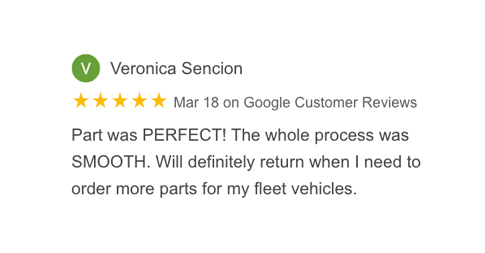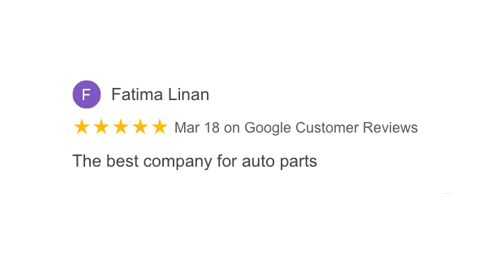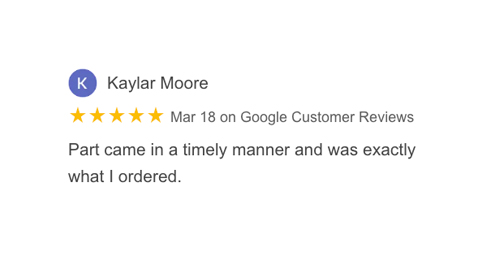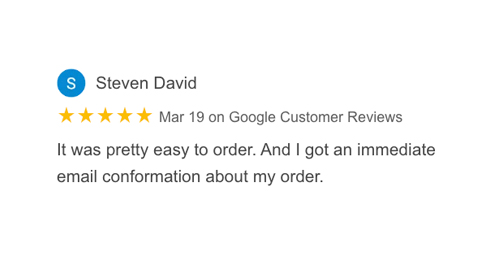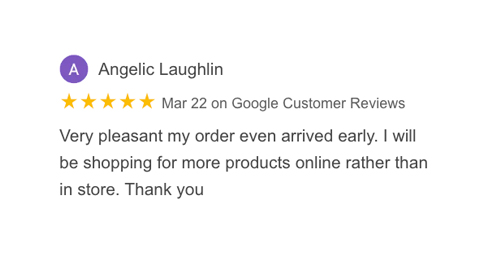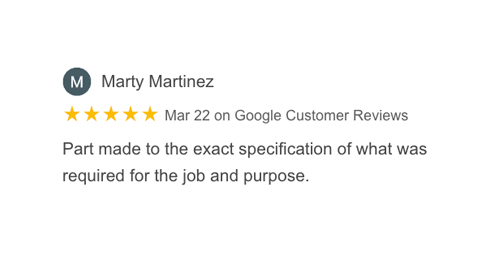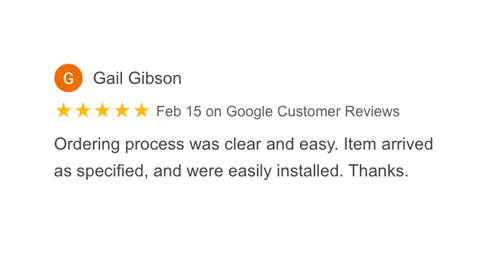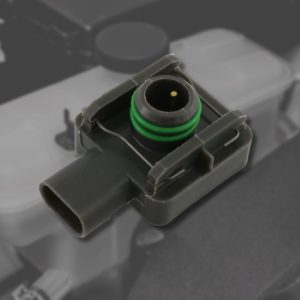Also known as antifreeze, coolant is a type of fluid specifically designed to protect your engine from overheating while lubricating different moving parts to prevent wear. It’s as important as it sounds, and when it leaks from the cooling system, your engine will eventually overheat. To avoid spending thousands on repairs, you’ll have to identify the source of the leak as soon as possible.
Where Does Coolant Leak From?
Finding the source of a coolant leak can be tricky because there are so many places the coolant can seep from. Here are some of the common sources of coolant leaks:
Cracked Hose
Coolant flows through different hoses to absorb heat from the engine. Because they’re made of rubber, these hoses can dry out over time and develop cracks. In some cases, metal hose clamps can also bite into the rubber hose, causing it to split and allow coolant to pass through.
Worn Hose Connectors
In some vehicles, clamps connect and secure coolant hoses to the radiator and motor. This firmly seals the ends of the hoses, preventing coolant from leaking. Unfortunately, they don’t last forever. They can wear over time and allow coolant to escape.
Broken Radiator Cap
Another common cause of a coolant leak is a broken radiator cap. A radiator cap is specifically designed to seal the radiator and maintain the right pressure. When its seal starts to wear, however, coolant can leak from the cooling system.
Blown Head Gasket
When the head gasket fails, coolant leaks from the bottom of the engine and onto the ground. In some cases, it can also mix with the engine oil and turn into a milky mixture. This can cause your car to overheat and lead to severe damage to the engine.
Damaged Heater Core
If you find coolant pooling on your floor mats, then it’s likely coming from the heater core. The heater core is typically located behind the dashboard, where it dissipates to keep the cabin warm. When it fails, coolant can leak and cause your cabin to smell like sweet fruit.
Faulty Radiator
Even though most coolants contain anti-corrosive agents, corrosion is still one of the most common reasons why coolant leaks from the radiator. Cracks and holes can form in the radiator, causing coolant to leak and pool around the front of the engine.
How To Fix a Coolant Leak
Fixing a coolant leak can be hard, but there are some steps you can take to make things easier. Here are helpful tips on how to fix an engine coolant leak:
Follow Safety Protocols
Don’t forget to wear protective gloves and safety goggles to protect your eyes and skin from chemical exposure. Working in a well-lit area with proper ventilation is also a must.
Find the Source of the Leak
Tracking down the coolant leak is the first step to fixing it. If you find a puddle of coolant leaking from the bottom of your car when parked, then it’s probably leaking from the coolant system. Pop open the hood, and try to trace where the fluid is coming from.
If you’re having trouble finding it, you can try performing a coolant pressure test using a pressure tester.
Let the Engine Cool Down
Working on a hot engine means you’re more likely to get burnt by spilled coolant and hot metal parts. For your own safety, let your engine cool down for at least an hour before trying to replace the faulty component.
Repair the Damaged Part
Depending on where the coolant is leaking from, you might have to ask a mechanic for help. Replacing a blown head gasket can be difficult, and improper installation can lead to further damage.
However, if you’re confident in your skills, you can still try to do it yourself. Whether you’re replacing a radiator hose or clamp, just be sure to get a replacement that fits your vehicle’s year, make, and model.
Use a Sealant for Minor Cracks
If the source of the leak is a small crack in the radiator, using sealant might be enough. You’ll have to completely cover the hole with sealant and wait for it to cure. Most sealants come with instructions, so don’t forget to follow the product’s guide step-by-step.
Is It Safe To Drive With a Coolant Leak?
Even if your vehicle seems to run just fine, you should avoid driving your car until the coolant leak is fixed. Coolant leaks can cause your coolant level to drop significantly, resulting in an overheating engine. Overheating can eventually lead to engine failure and other damage that can be expensive to repair. For your own sake, it’s best to find and fix the coolant leak as soon as possible.
How Much Does a Coolant Leak Repair Cost?
The exact cost to fix an antifreeze leak will depend on several factors, such as your vehicle’s year, make, and model, and what part needs replacing. For example, radiator hoses can cost anywhere between $10 and $750, while hose clamps usually sell for $10 to $30. Keep in mind that these prices don’t include labor costs.
Any information provided on this Website is for informational purposes only and is not intended to replace consultation with a professional mechanic. The accuracy and timeliness of the information may change from the time of publication.


